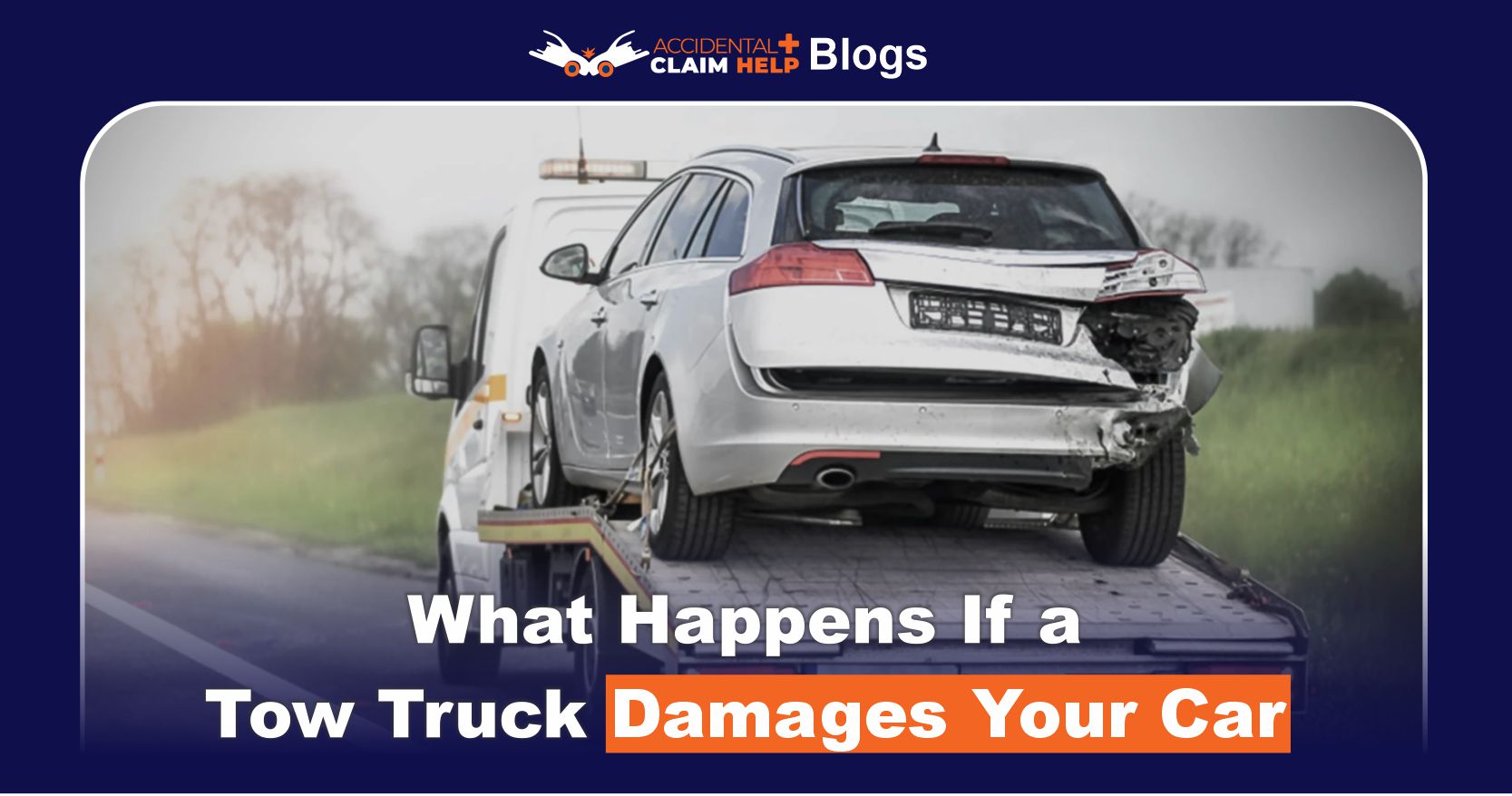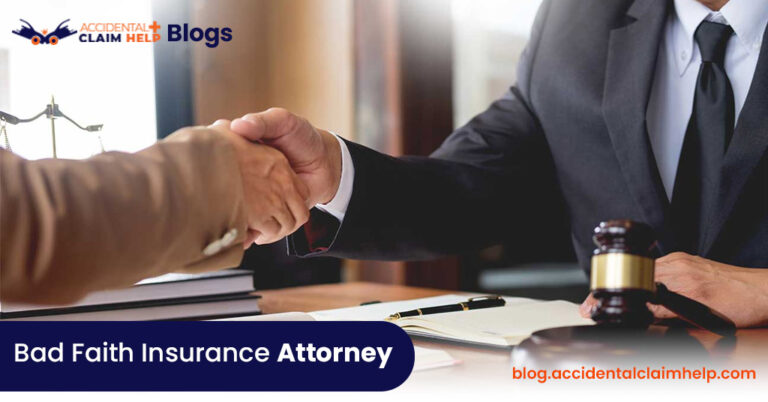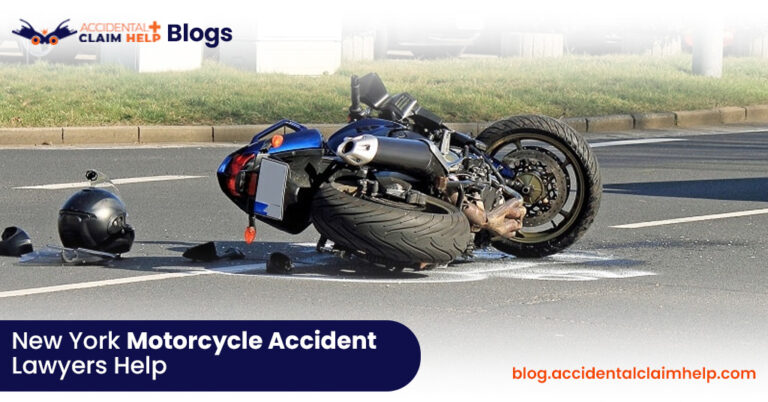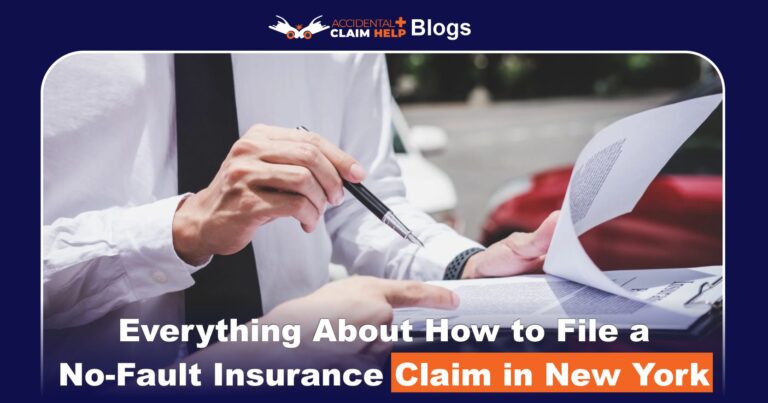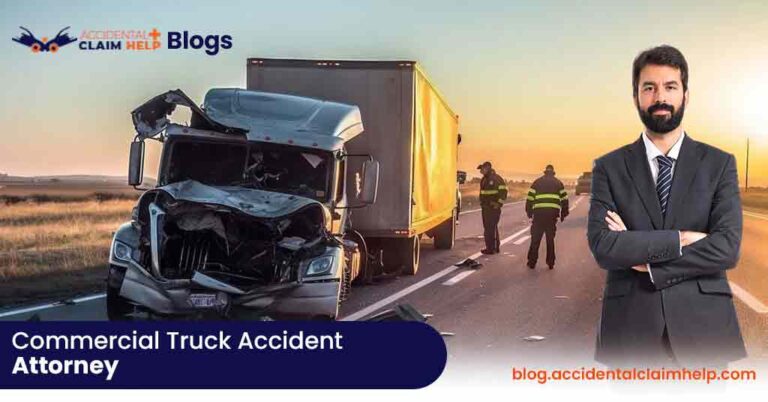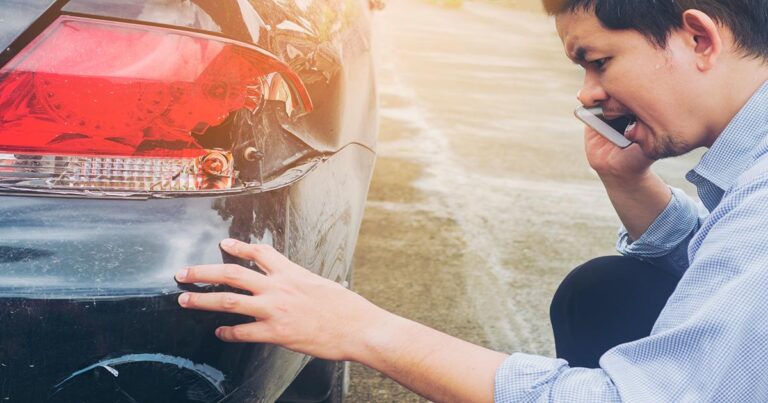What Happens If a Tow Truck Damages Your Car
If your car is further damaged by the tow truck meant to help it, you have legal rights and options. Negligent towing can lead to cosmetic and mechanical damage—and you may be entitled to compensation. This guide walks you through the steps to take, how negligence is established, and what many blogs overlook.
Common Types of Tow Truck Damage
Tow truck damage can include:
- Exterior issues such as scratches, dents, and body damage
- Tire punctures or alignment issues
- Windshield cracks or broken lights
- Transmission or drivetrain harm, particularly when improper attachment or towing procedure is used
Often these occur because the vehicle wasn’t placed in neutral, the wrong equipment was used, or the driver misjudged clearances or weight balance.
Related Post: What Happens When Your Car Gets Towed
Documenting and Preserving Evidence
Act quickly to protect your case:
- Take high-quality photos and video of your car before it’s hooked and after it’s unhooked—this “before and after” comparison is vital
- Gather witness statements from bystanders who saw the hooking or damaging incident
- Secure an independent mechanic’s report describing visible and hidden damage and linking it to possible towing mishandling
- Request records of the towing such as the driver’s name, company, time and location
If filming the hook-up is possible before towing begins, do so—it may serve as strong proof later.
Notifying the Towing Company
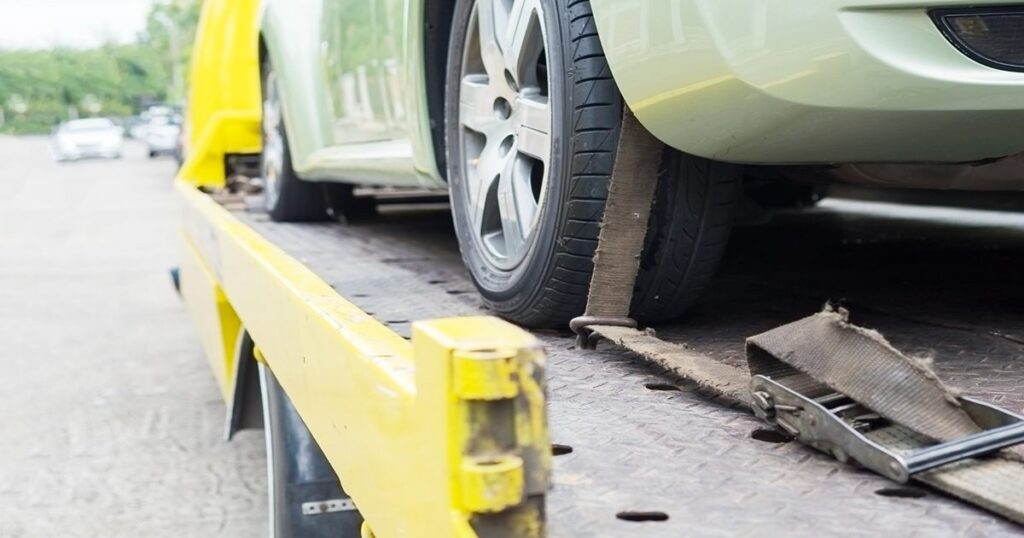
Contact the towing company immediately:
- Report the damage clearly and calmly, in writing if possible
- Request information on their claims process and their liability insurance
- Submit a written claim form if available, along with repair estimates and evidence
- Keep copies of all communication as documentation
Notifying Your Insurance Provider
Even if you plan to deal with the towing company directly, notify your insurance provider:
- Confirm whether your collision or comprehensive coverage extends to tow-related damage
- Be mindful that your policy may exclude damage by automotive service providers in some cases
- You may choose to open your own claim, allowing your insurer to pursue recovery from the tow provider later
Establishing Negligence and Liability
To hold the towing company legally responsible, you must prove:
- A duty of care existed
- The towing company breached that duty through improper attachment, equipment misuse, or reckless towing
- The breach directly caused the damage
- You suffered losses (repair costs, loss of use, etc.)
If you can show tasks like towing in drive gear or using wrong winch hooks, your negligence claim is stronger—especially with video or expert testimony.
Negotiation or Legal Action
Depending on the towing company’s response:

- Claim may be settled by them paying repair costs directly
- Insurance route if they deny responsibility or policy excludes coverage
- Small claims court is often sufficient for minor-to-moderate damages
- Further legal action may be necessary for high repair costs or if insurance negotiations fail
Key Insights You Need to Know
Pre‑towing Inspection Record
Some insurers and legal teams recommend recording the vehicle condition immediately before towing. This builds strong proof that any new damage was caused by the towing process.
Industry Standards and Regulations
Certain states have specific regulations governing tow truck operators—including proper use of dollies, winch protocols, and licensing. Violations strengthen negligence claims.
Conversion or Predatory Towing Claims
In wrongful towing scenarios, vehicle owners may also claim conversion or unlawful withholding. This is especially true if the vehicle is not returned promptly or is stripped for parts. Years of legal precedent in some states allow statutory damages or refunds in those cases.
Public Entity Liability
If the tow truck belongs to a government agency (like a city or police), you may face additional hurdles. But courts have held that governments can still be held liable for negligent towing, particularly when standard procedures are ignored.
FAQs
Do I have to pay my deductible if my own insurance covers the damage?
Yes, filing through your own insurance means paying your collision or comprehensive deductible. However your insurer may seek reimbursement from the tow provider’s insurer.
What if the towing company claims a pre-existing damage?
Always photograph the vehicle pre-tow when possible. Witnesses, timestamps, and certified mechanic reports support your assertion that damage occurred during towing.
How long do I have to file a claim?
Limits vary—some companies impose reporting deadlines of days or weeks. Statutes of limitations for property damage typically fall between one to three years.
Can towing insurance be denied based on a waiver?
Companies may show a waiver, but most courts refuse to enforce disclaimers if damage resulted from negligence. A waiver does not permit reckless towing.
Conclusion
If a tow truck damages your car, don’t panic—it’s not automatically “your fault.” You have rights. Document the damage, notify both the towing company and your insurer, and consider legal advice if needed. Tow operators owe a duty of care: when they breach it and cause harm, you’re entitled to repair costs and rightful compensation. With good evidence and informed action, you can reclaim control and prevent your car damage from becoming your burden.

